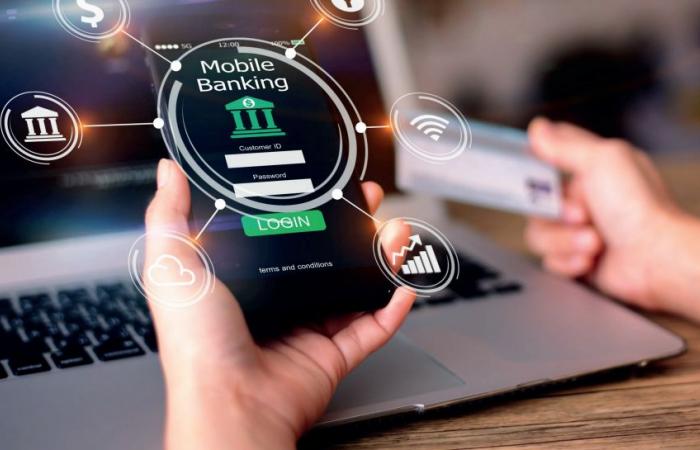A What is a bank account if you don’t know how to use it? Behind the displayed progression of banking in Morocco, the challenges of financial inclusion remain whole. Meeting in Casablanca this April 28 at a conference devoted to financial inclusion organized by today Morocco, representatives of Bank Al-Maghrib, the Foundation for Financial Education and Al Barid Bank confronted the reality on the ground with national ambitions: democratizing access, of course, but above all transforming the use into a lever for economic autonomy.
Since 2017, Morocco has made a spectacular leap in terms of access to financial services, thanks in particular to the development of payment establishments and the commitment of actors such as Al Barid Bank in rural areas. But access is not enough. “Opening an account is a first step; Making it an active management and savings tool is another, ”recalls Ibtissam El Anzaoui, deputy director of financial inclusion and sustainable development in Bank Al-Maghrib.
The question is no longer only to know how many accounts are open, but how much are really used to improve the economic life of citizens. Because if banking progress, the daily use of services remains behind, a sign that financial education is not a simple adjuvant, but a sine qua non condition for the success of inclusion.
Educate to better include
To this structural challenge, the Moroccan Foundation for Financial Education opposes a patient strategy: developing financial culture from childhood, raising awareness among young adults to budget management and supporting informal entrepreneurs towards progressive formalization. “Inclusion cannot be sustainable without citizens capable of choosing, using and mastering financial services according to their real needs,” said Imane Benzarouel, executive director of the Moroccan Foundation for Financial Education. The stake is all the more complex since the audiences are heterogeneous. Young people connected, isolated rural people, women entrepreneurs or informal workers: each target calls suitable teaching tools. If digital appears to be a major opportunity to massively reach new generations, the digital divide remains, imposing a hybrid approach mixing technology and presence of field.
Digital, lever as much as risk
The digital transition, accelerated by the health crisis, has enabled notable advances: possibility of opening up remote accounts, development of mobile banking, emergence of more accessible microfinance tools. Al Barid Bank also claims nearly 46% of customer transactions carried out today via mobile, against only 2% in 2016. “Digital offers immense potential to expand access to financial services, but it also requires supporting users to allow them to take full advantage of them, safely,” said, for his part, M’hamed El Moussaoui, Director General of Al Barid Bank.
But digital is not without setbacks. Data security, cyber risks, identity usurpations: so many threats to trust, pillar of sustainable inclusion. Aware of these issues, Bank Al-Maghrib insists on the importance of a proportionate regulatory framework, capable of stimulating innovation while protecting consumers. “Digitalization is a chance, but it must be accompanied by a strengthening of user digital skills,” recalls El Anzaoui. While the first phase of the national financial inclusion strategy (2019- 2023) ends, the actors already trace the contours of the future project.
Head on a massification of use, a deeper anchoring of financial services in daily life, and a reinforced inclusion of vulnerable segments, starting with very small businesses and rural populations. Not only to open an account, but allow everyone (individual, entrepreneur, young or rural) to make it a lever for autonomy, protection and development. This is where financial inclusion finds its true meaning: not in statistics, but in practices.






